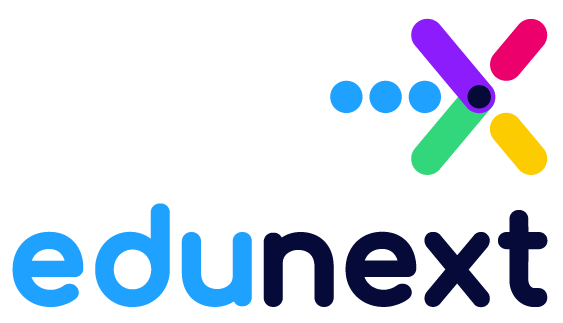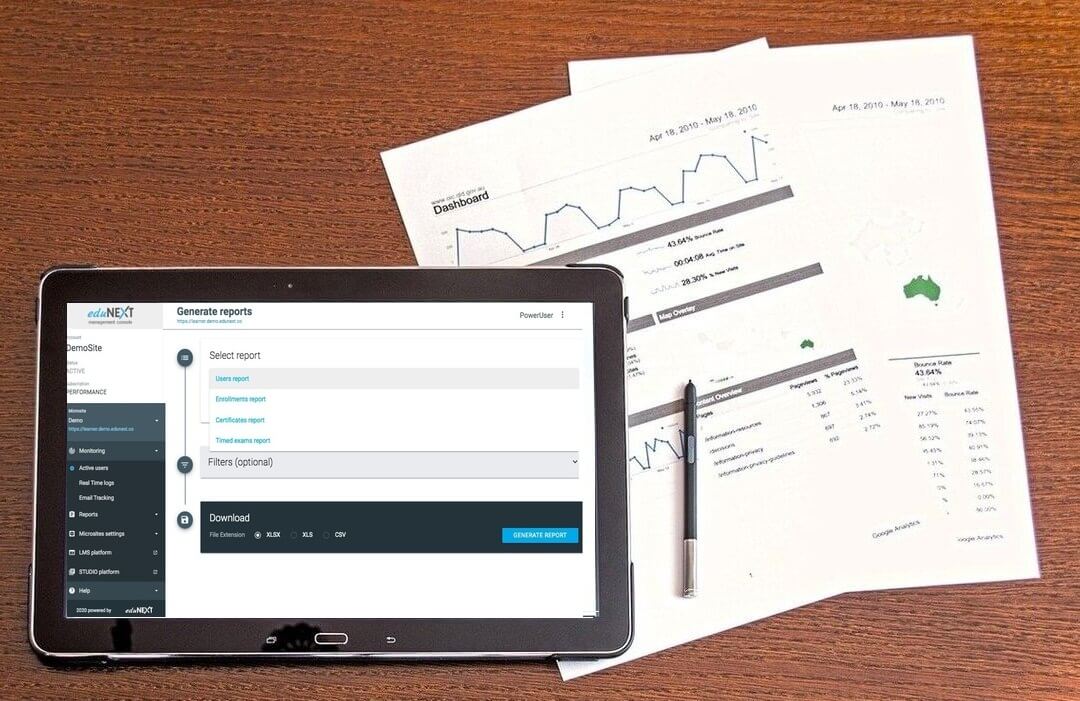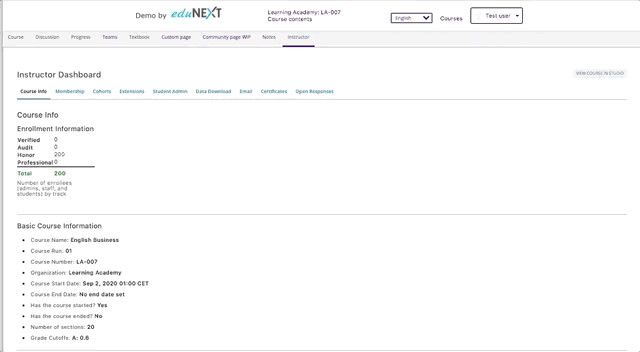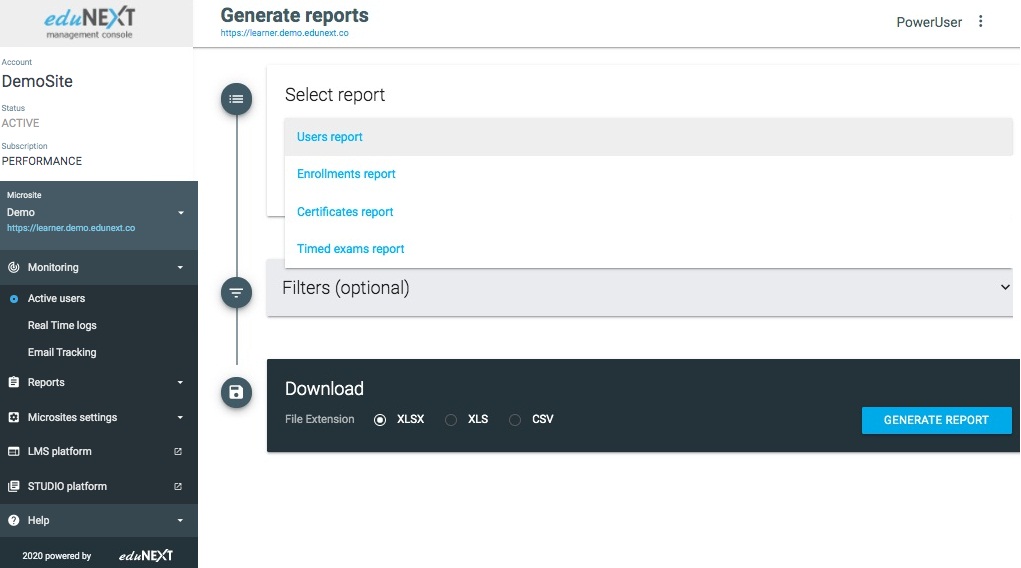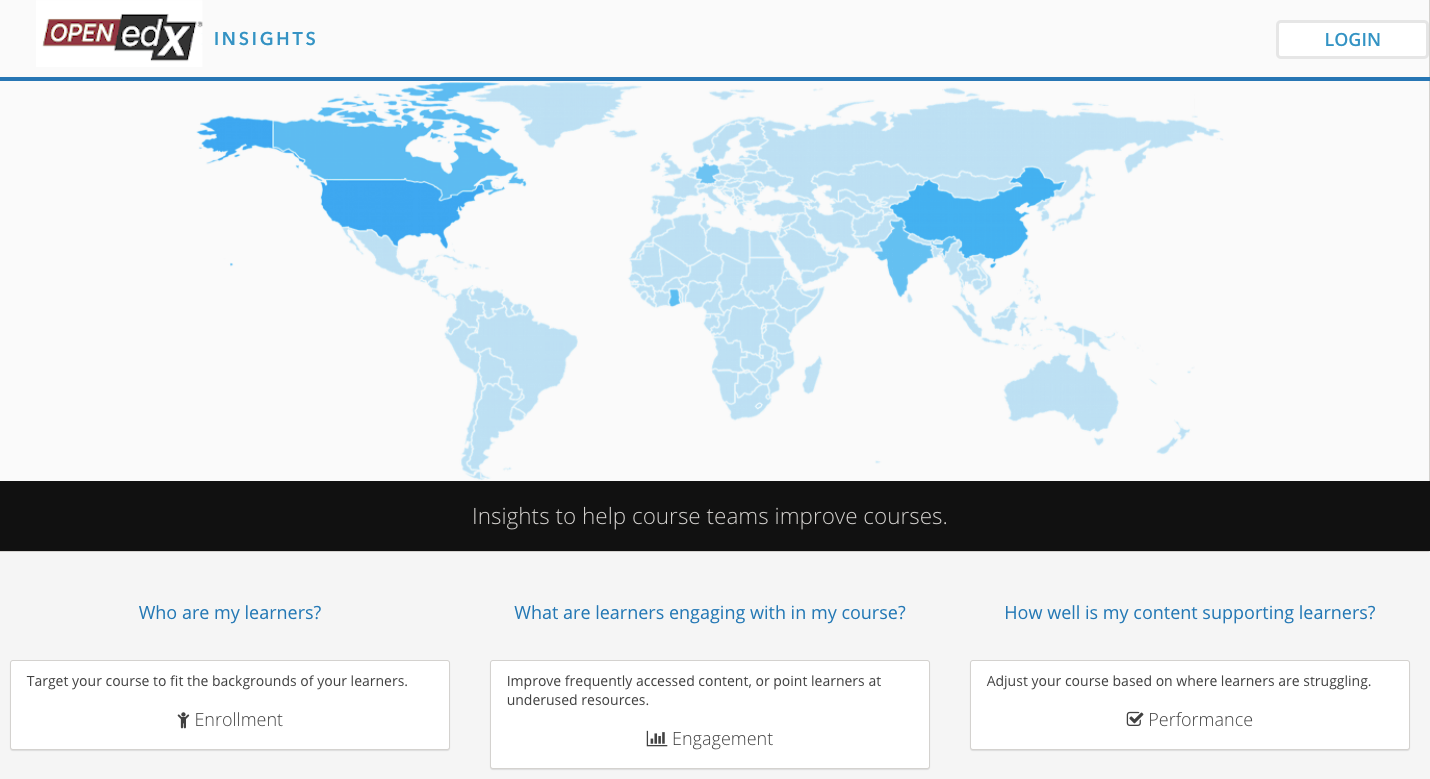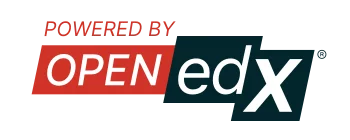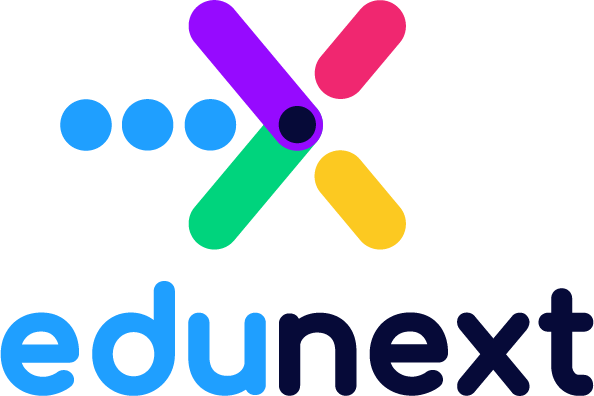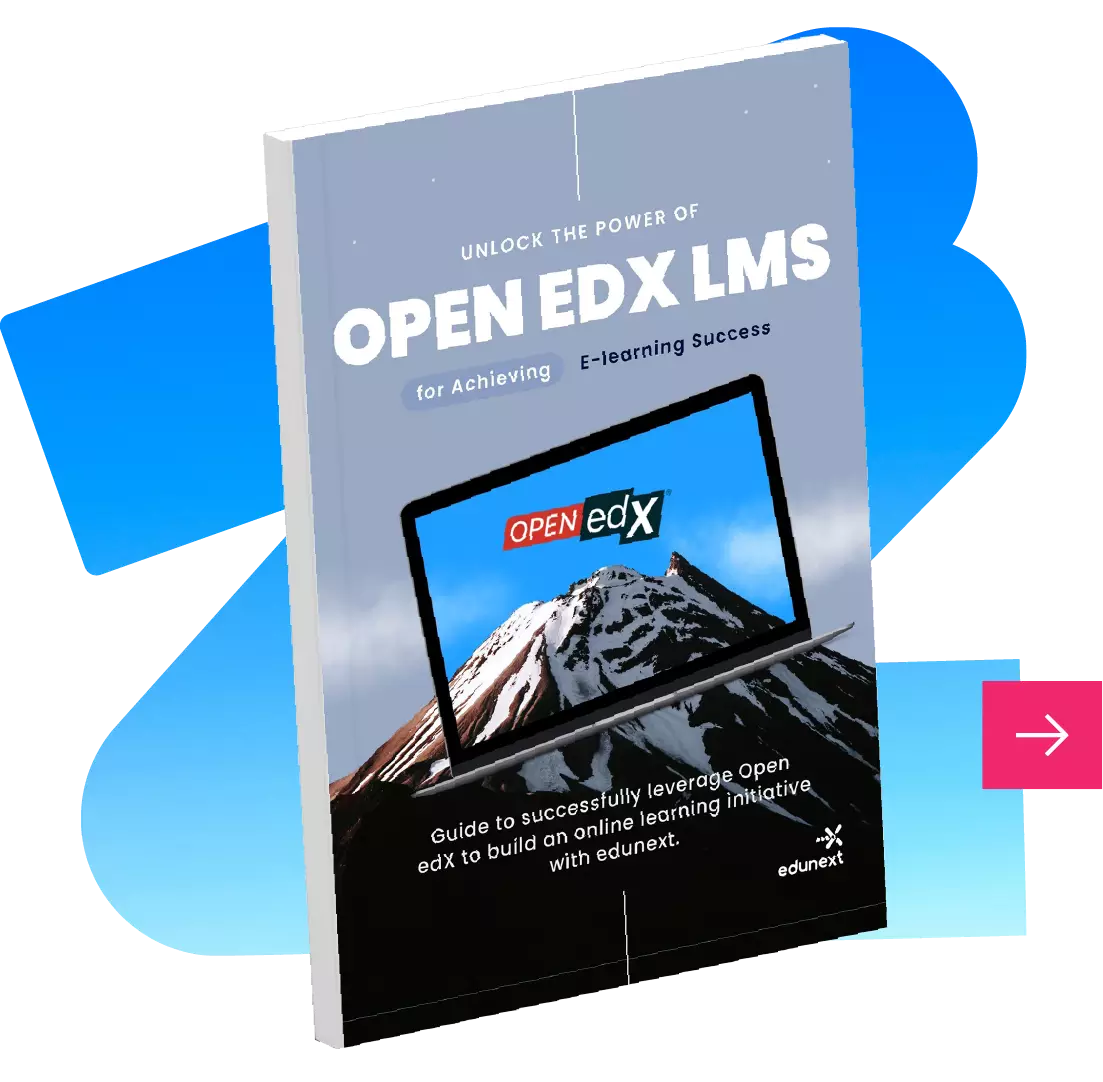Efficient day to day operations and logistics for an online learning initiative requires a number of high-quality operational reports generated effortlessly from the online learning platform.
Moreover, high-level analytics or aggregated data is essential to inform, engage, measure, and track the impact of your courses in the student’s educational journey. It also has the potential to help you transform learning into a personalized experience that fulfills both the student’s and the course author’s goals. When course authors involve students’ behavior analytics into their plans, they are able to iteratively build their teaching methods, adapt them more effectively, and make data-driven decisions for their online learning.
The ability to gather, process, and expose this kind of information both at the aggregated analytic level and at the operational level is key for a successful online learning initiative.
Operational Reporting
Detailed records are often required to inform operational processes about student profiles, enrollments, submissions, grades, certificates, and more.
The Open edX platform includes as part of the LMS Instructor dashboard, some capabilities to generate and download a number of course reports, such as:
- Student profile information.
- Anonymized student IDs.
- Learners who can enroll.
- Grading configuration.
- Grade report.
- Problem grade report.
- ORA data report.
- Problem responses.
- The number of certificates issued.
As the needs of other organizations relying on the Open edX platform are widely diverse, it is often the case that day to day operations of the online learning will require a number of additional reports to be available:
- Courses in the platform with key attributes.
- Users registered to the platform with a full set of profile data.
- Students enrolled across all courses with key data, completion levels, and final grades.
- Students that drop out of the courses with key data, completion levels, and grades.
- Generated certificates across all courses.
- Active and inactive students in a particular period.
- The detailed activity of a particular student.
- Instructors, Admins, and other roles assigned in the platform.
- Student Responses to a particular problem with key data and timestamps.
- Student Submissions for specific problem types with key data and timestamps.
- Students that posted questions, comments, or responses in the discussions.
- e-commerce transactions with buyer data.
- Discount coupons e-commerce transactions with buyer data.
- List of retired users ( users that request the account and data to be removed ).
Getting these records or raw information, is certainly possible as it is all stored in the platform databases. However, there are still many challenges to overcome:
- Accessing the databases while keeping security and privacy standards.
- The difficulty of building efficient queries that cross-reference the information appropriately.
- Processing the raw data to build meaningful aggregations.
- Understanding the dynamics of the data over time.
- Operational risks associated with direct data handling including data protection and security challenges.
As part of its Cloud-based subscriptions, eduNEXT has developed an additional component called the reporting module. This add-on comes with some capabilities that enable access to information across courses, filtering options, and different download formats.
We continue to work in order to improve these capabilities and support our customers in building the customized reports they may need.
High-level analytics
High-level analytics and aggregated data are also essential to understand the dynamics of your online learning operation, improve your strategies and iteratively enhance the content that is being provided.
The Open edX Insights application helps cover part of this function by processing the data and providing daily and weekly high-level analytics into the enrollment, engagement, and performance for each course.
Data processing tools such as DBT ® Microsoft PowerBI®, Tableau®, QlikView®, and others can also be integrated.
In case you need help exploiting different data sources, we would be happy to help you overcome any of these or other challenges your initiative may face.
We have extensive experience, generating new reports, building API integrations that deliver data to external applications, installing, configuring, and running open edX Insights, Integrating external data processing tools, and more.
Want to learn more about how we work at eduNEXT, get in touch with us and our team will be back to you!
